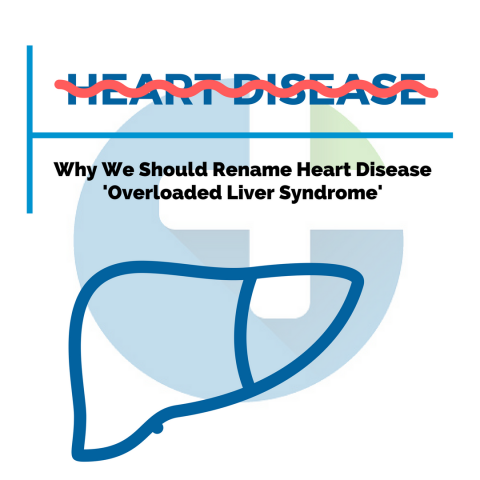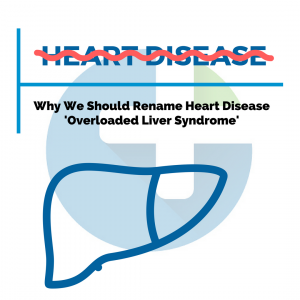
This is more of a ‘random thoughts’ post. It’s not lengthy, but hopefully one to get you thinking a bit differently about heart disease and a way to improve your risk assessment, if not for you, for a loved one.
Why do we call heart dis ease, ‘heart disease?’ We don’t call a car accident, ‘excessive tire tracking.’ Imagine if we did treat a car accident like we do heart disease. Yes, there is an immediate need at the scene to make sure everyone is safe and traffic doesn’t get too backed up but then an investigation happens looking at the series of events that lead to ‘excessive tire tracking.’
ease, ‘heart disease?’ We don’t call a car accident, ‘excessive tire tracking.’ Imagine if we did treat a car accident like we do heart disease. Yes, there is an immediate need at the scene to make sure everyone is safe and traffic doesn’t get too backed up but then an investigation happens looking at the series of events that lead to ‘excessive tire tracking.’
There could be texting, speed, substance abuse, deer, or a faulty traffic light. But policy isn’t made regarding the effect of the accident, the presence of tire tracks. Policy is made to reduce the root causes of the accident.
With heart disease, the standard of care is to label the scene of the accident, call that the cause, and design national campaigns and policy regarding that finding. You have high blood pressure. You have clogged arteries. You have thick blood. You should be screened.
Yet, we ignore the tell tale signs that a heart event is on the horizon. We know things like inflammation and insulin resistance are major risk factors affecting the heart. But those are rarely quantified until after the heart event has hit.
Our healthcare system lacks the investigation. And the more we try and boost heart health and early detection of heart problems, the more heart disease rises. This happens for every diagnosis. Cancer is an effect. Diabetes is an effect. Arthritis is an effect. Yes, the current health expression may need immediate attention but that treatment doesn’t ever work to create health. So I’m proposing we change the name of heart disease to something like ‘liver overload syndrome.’
Since we’re a cholesterol focused society and cholesterol is produced in the liver, why not look there? Since diabetes and obesity have exponentially increased in one lifetime and drastically increase heart events, and the liver is the first place of insulin resistance, why not look there? And because inflammation is a response from your immune system calling for help from the liver, why not look there?
Are we giving the heart too much credit? Am I giving the liver too much credit? After all, the liver is also just responding to environmental cues. If there are too many cues from too many areas of influence, focus and productivity is lost. Where are those cues coming from?
They come from your ability to organize and coordinate life. They come from daily choices, past experiences, and future exposures. These choices, experiences, and exposures are all coordinated and organized into protection or pleasure. Both are essential. Both are necessary. But both need to have balance.
To create that balance, you may have to unlearn a lot of information you have organized and coordinated through a lifetime. You have to challenge beliefs and practices that are physical, chemical, nutritional, emotional, and medical. While there’s no real information to chew on from this post, it may be beneficial to do a mental inventory of why you have your current health expression.
Here are 4 questions to ponder.
- What area of your health expression frustrates you?
- Why do you think that is?
- How’s that working out for you?
- Are you ready to make a change?
If your answer to #4 is yes, then starting with your healthcare influencers is a good place to start. If you need help, you know how to find me. If there’s one thing to drive into your head is that symptoms are not stupid. It’s your body’s intelligent way of adapting to buy you enough time to escape those things that are potentially harmful. The more you suppress that intelligent adaptation, the more you lessen your chance of survival.
The more pain is targeted, the more disability associated wth pain increase. The more cancer is targeted, the more disability associated with cancer increases. The more depression is targeted, the more disability associated with depression increases. The more heart disease is targeted, the more disability associated with heart disease increases. Name the diagnosis targeted (tire tracks) and see what happens to survival and quality of life associated with that disease.


It is a very intelligent idea.